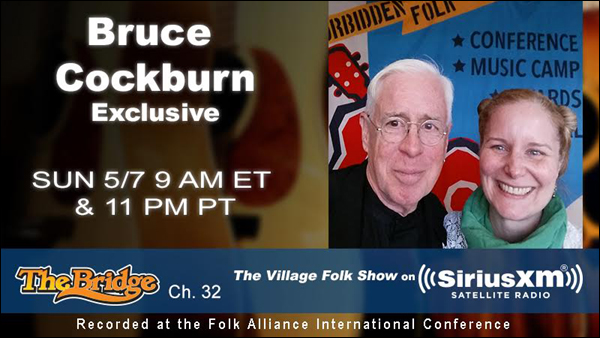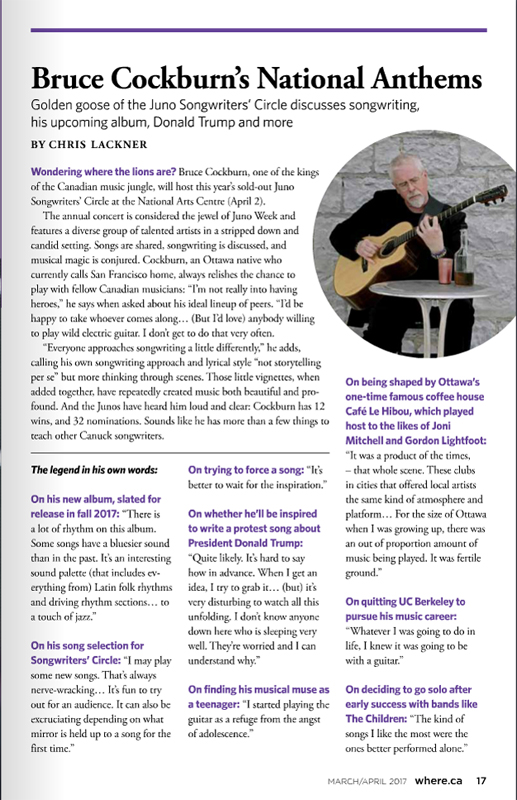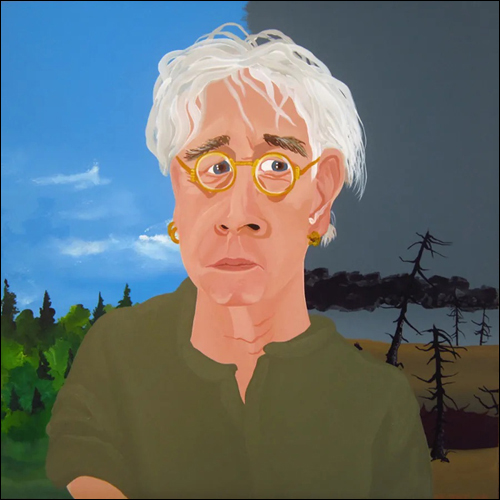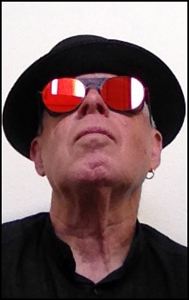22 February 2016 – The title of Bruce Cockburn’s memoir, now out in paperback, is Rumours of Glory. Upon reading the book, it occurred to the Cockburn enthusiast and fellow Juno-winning musician Hawksley Workman that there was too much rumour and not enough glory affixed to the standing of Cockburn. The two artists spoke to each other recently by phone, about credit due, MTV and roads worth taking.
Hawksley Workman: The passing of David Bowie got me to thinking about artists who seem supremely aware of what they’re creating for themselves and their own self-mythologizing. My sense, Bruce, is that you weren’t ever really aware of the legacy you were creating. Is that fair to say?
Bruce Cockburn: It strikes me that legacy is a very ephemeral thing. I’ve had that word thrown at me, but I don’t know. I think it’s out of my hands.
Workman: But people like Leonard Cohen, Joni Mitchell and Neil Young, they nurtured or fostered an image of themselves that accompanied their art. I have trouble that you’re not included in the group of names we seem to culturally deify, and that it’s because their kind of self-mythologizing wasn’t part of your landscape. Do you feel that?
Cockburn: For me, it’s always been about the music and words. But under the surface, I recognize I have an ego like everybody else. I want to be noticed. In the beginning, I was defensive about that. I didn’t want to think in those terms, and I went to great lengths to avoid acquiring an image of any sort. But then I found that I had acquired an image of somebody who was trying not to have an image. So, I couldn’t beat that one. Once you put yourself in front of the public, an image is thrust upon you – by people’s response, by the media, by some sort of natural reaction to having somebody who is up on stage seem larger than life.
Workman: I hear all that. But your compulsion to do or to go or to be seems to eclipse that of somebody who might stroke their chin and think about what move might make them cool.
Cockburn: I’d be a liar if I denied being aware of how things might look to other people. But, again, it’s out of our own control. You can make choices, and people might see you as being cool or as a jerk. I got called names for supporting the Sandinistas. You can’t take that out of the picture, but, for me, it’s always been about curiosity more than anything else. I don’t see anything as a compulsion.
Continue Reading…










